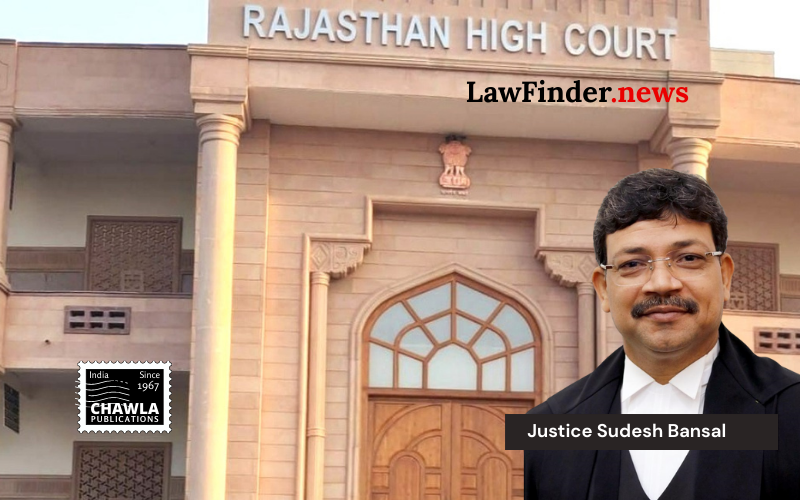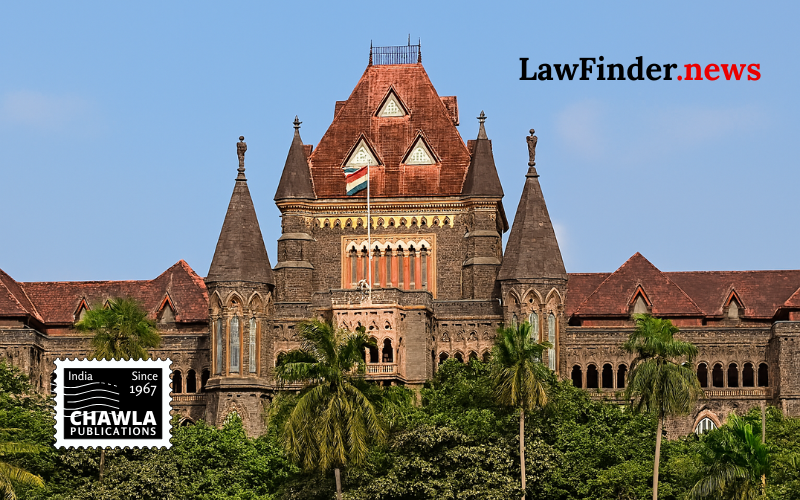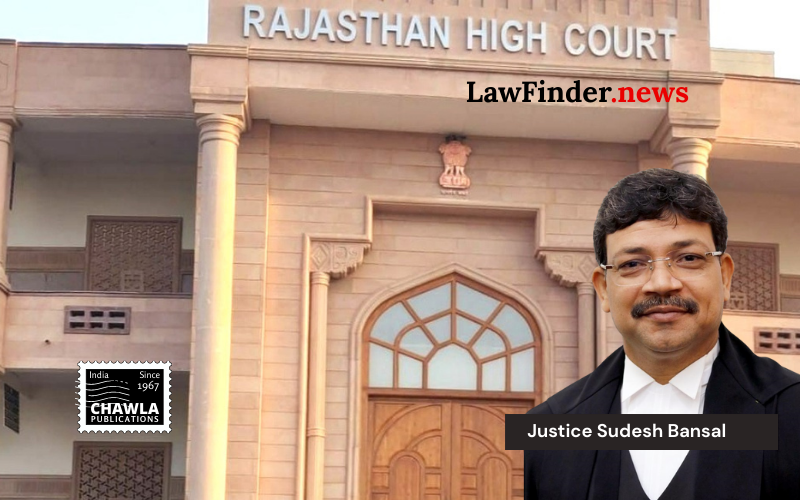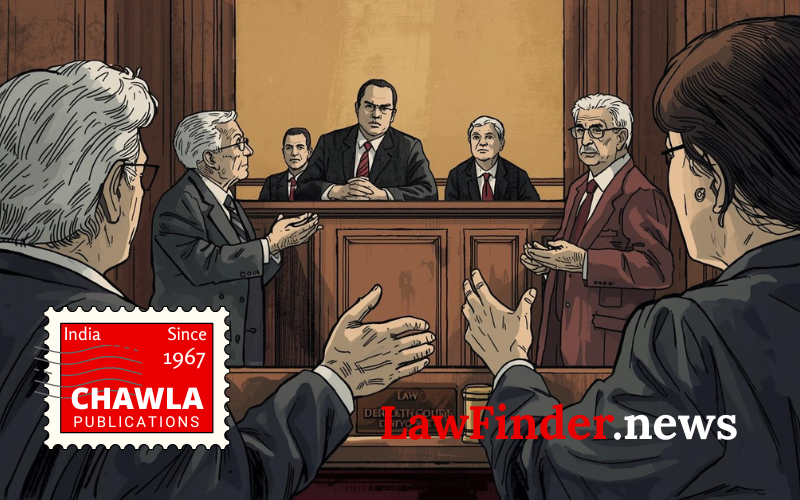Rajasthan High Court Upholds ACB's Authority to Investigate Corruption Cases Involving Central Government Employees

Landmark judgment affirms concurrent jurisdiction of ACB and CBI under Prevention of Corruption Act, 1988
In a significant legal determination, the Rajasthan High Court, Jaipur Bench, presided over by Justice Sudesh Bansal, has ruled that the Anti-Corruption Bureau (ACB) of Rajasthan possesses the jurisdiction to investigate cases of bribery and corruption against Central Government employees within the state's territorial boundaries. The judgment, delivered on October 3, 2025, resolves key legal issues regarding the scope of investigatory powers under the Prevention of Corruption Act, 1988.
The court addressed two central questions: whether the ACB can register and investigate corruption cases involving Central Government employees without prior consent from the Central Bureau of Investigation (CBI), and whether a charge-sheet filed by the ACB in such cases is legally valid.
Justice Bansal clarified that neither the Prevention of Corruption Act nor the Delhi Special Police Establishment Act excludes the jurisdiction of the ACB in cases involving Central Government employees. The judgment emphasized the concurrent and co-extensive powers of the ACB alongside the CBI, noting that administrative guidelines in the Crime Manuals of both agencies do not override statutory provisions.
The court rejected the argument that the ACB must obtain prior approval from the CBI before proceeding with investigations involving Central Government employees. It underscored that procedural arrangements in the manuals are meant to ensure cooperation and prevent duplication, not to limit jurisdiction.
The ruling further referenced the case of Government (NCT Of Delhi) v. Union of India, where the Supreme Court upheld notifications limiting the jurisdiction of Delhi's ACB. However, the Rajasthan High Court distinguished this case, noting the absence of similar notifications for Rajasthan.
Justice Bansal's decision affirms the ACB's authority to initiate and complete investigations against Central Government employees, provided the cause of action arises within Rajasthan. The judgment has been hailed as a significant step in empowering state agencies to combat corruption effectively.
Bottom Line:
Jurisdiction of Anti-Corruption Bureau (ACB) of Rajasthan is not barred nor excluded from investigating cases of bribery and corruption against Central Government employees under the Prevention of Corruption Act, 1988, if the cause of action arises within the territorial boundaries of Rajasthan.
Statutory provision(s): Prevention of Corruption Act, 1988 - Sections 17 and 17A, Delhi Special Police Establishment Act, 1946 - Section 5
Mukesh Singh v. State of Rajasthan, (Rajasthan)(Jaipur Bench) : Law Finder Doc Id # 2788730



